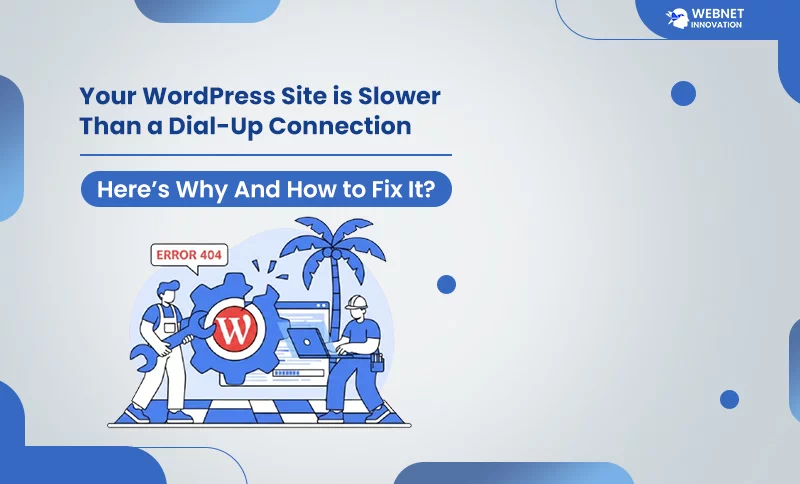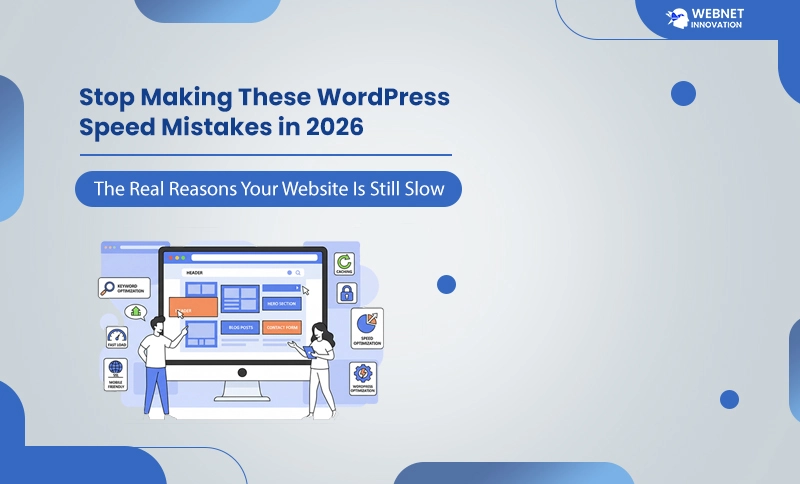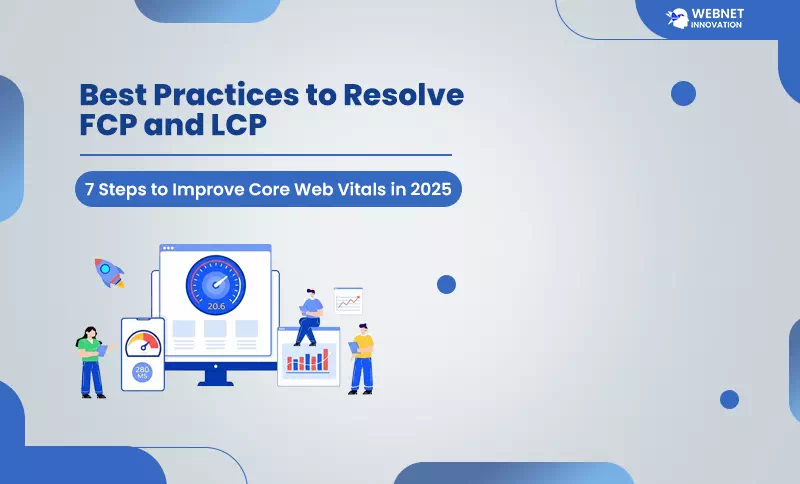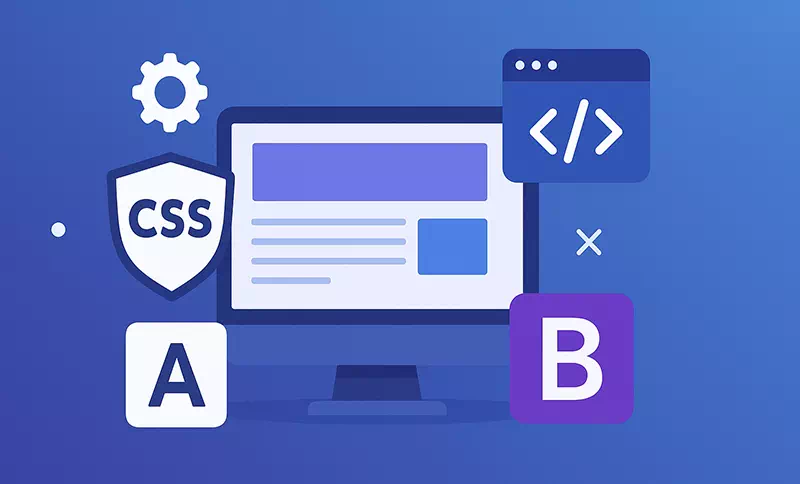
Your WordPress Site is Slower Than a Dial-Up Connection: Why And How to Fix It?
Three seconds. That’s all the time you have before a potential customer gets bored,…

Three seconds. That’s all the time you have before a potential customer gets bored,…

Backlinks have always been among the most powerful SEO signals, and in 2026, this…

If you’re planning to sell online, the first thing you need is a digital…

The web development landscape has shifted dramatically. If you are still building websites the…

It is no longer a matter of choice but a requirement to have a…

Website speed has become one of the most essential ranking factors in 2026. Google’s…

If your website load speed is slow and struggling to rank on google, or…

Images play a powerful role in website engagement, design, and content value—but they are…

Have you ever clicked on a website that took so long to load you…

Let’s be honest: who actually enjoys spending a week trying to perfectly center a…

As everyone knows, technologies continue to be upgraded by experienced developers who have already…

Let’s be honest, the world of website design has changed, and it’s not just…